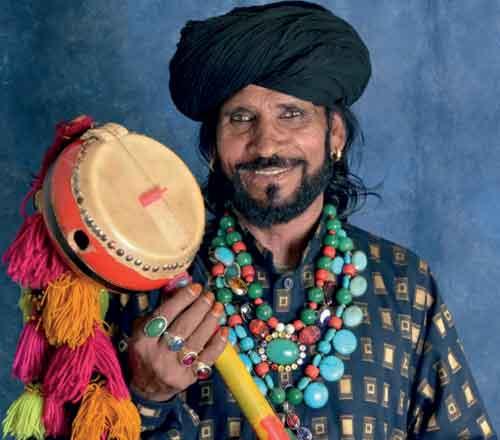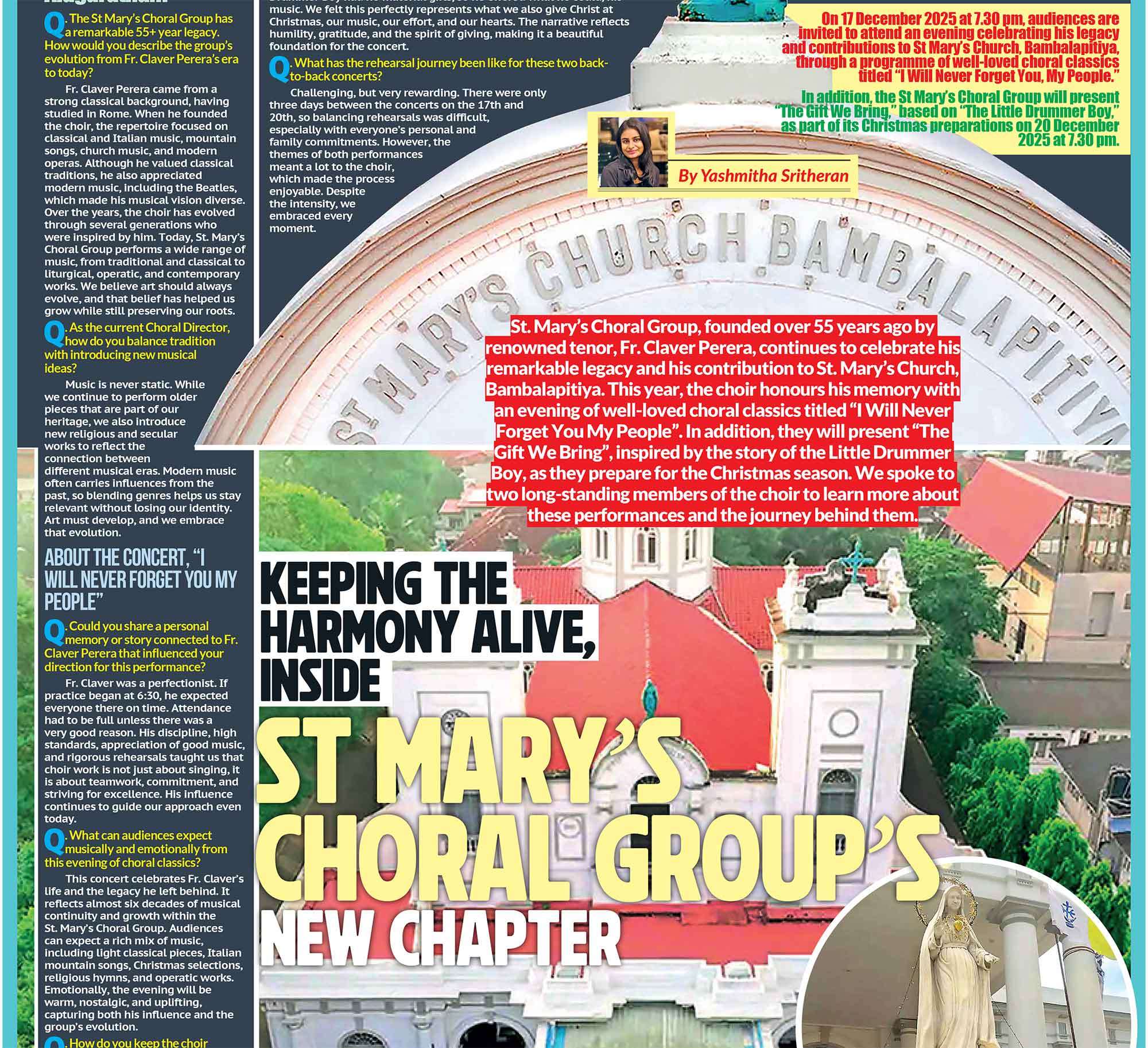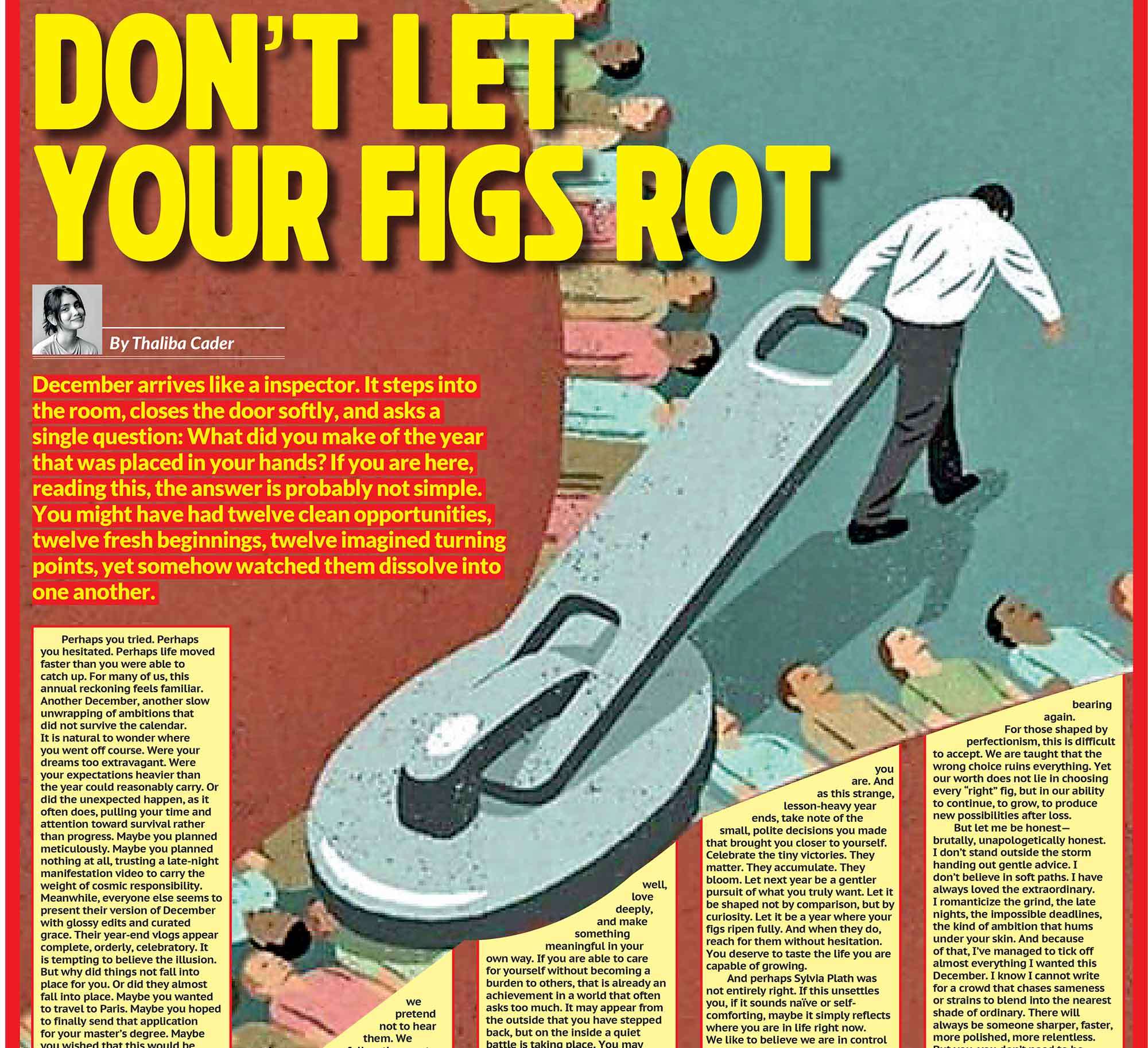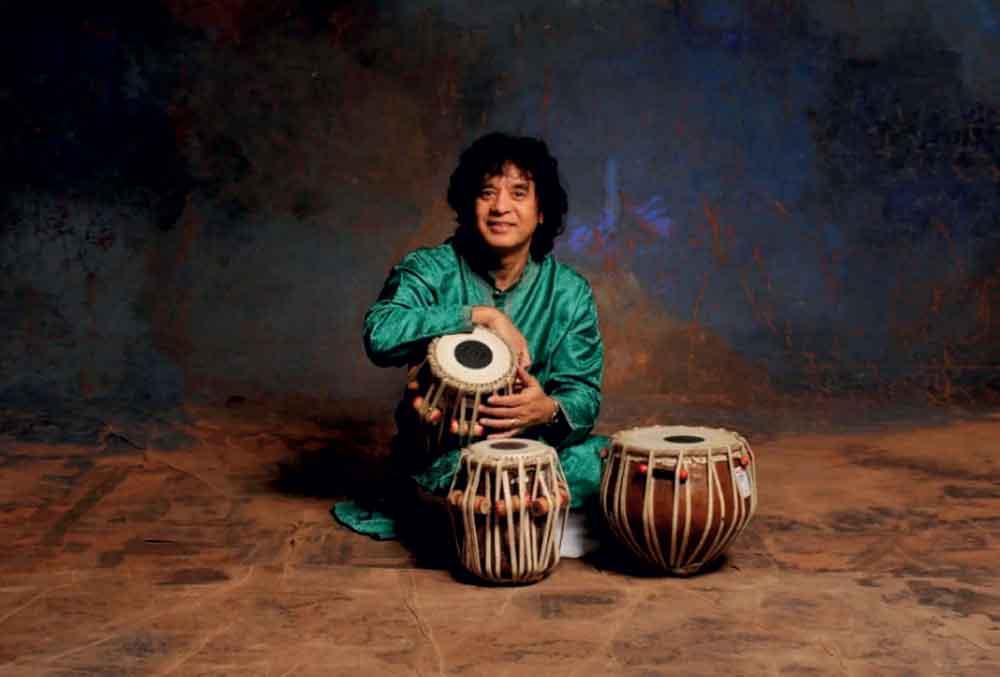
In South Asia, music has always been more than melody. It is memory, lineage, and the story of coexistence itself. Across the subcontinent, rhythms and ragas have moved more freely than borders ever allowed. From the highlands of Gilgit-Baltistan to the deltas of Bengal, the region’s soundscape has long served as a quiet rebellion against the divisions of faith, caste, and nation. Here, music does not ask who you are; it asks only that you listen. Yet, like the rivers that once flowed undisturbed through the land, these traditions face gradual depletion. Rapid modernization, commercialization, and the global churn of cultural homogenization have pushed many folk and classical forms toward extinction.
Instruments fall silent when their masters age without apprentices. Oral traditions fade as younger generations migrate toward urban opportunity. It is in this moment of cultural fragility that the Aga Khan Music Awards (AKMA) have emerged as a lifeline and a gesture of belief. Founded by His Highness the Aga Khan, the Awards recognize and support musicians, composers, and educators who are nurturing heritage within their communities. The focus is not on theology but on continuity. Through grants, residencies, and commissions, AKMA strengthens traditions by keeping them alive in performance, mentorship, and education. The prize pool of half a million dollars serves as investment in sustainability and innovation.
A Dialogue in Sound
Consider Soumik Datta, a sarod virtuoso who straddles continents as easily as he moves between classical ragas and experimental scores. Raised between Calcutta and London, Soumik’s music inhabits an in-between world where Hindustani tradition meets Western orchestration and where heritage finds new urgency in the face of global issues such as climate change. His AKMA recognition allowed him to take this synthesis to new stages, performing at the Edinburgh International Festival, serving as Artist-in-Residence for the Philharmonia Orchestra, and composing works that link activism with art.
In one performance, he played a sarod piece dedicated to the melting Himalayan glaciers, the mountains from which both the Ganges and the Indus originate. It was a musical elegy for the subcontinent’s shared source, performed in a city that once colonized it. Through that act, AKMA’s belief in music as dialogue came alive.
Where Soumik’s sarod carries modern urgency, Zarsanga, the “Queen of Pashtun Folk,” sings of rootedness. Her songs, drawn from the Pashto oral tradition, carry the fragrance of an older, nomadic world that once knew no borders. When she received the Aga Khan Music Award in 2022, it was more than a personal triumph; it was collective redemption. For decades, Zarsanga had sung in dusty village courtyards, her art undervalued by mainstream Pakistani media. The award placed her voice, and by extension Pashtun folklore, on the global stage.
The honor culminated in Sarangi Night, a cultural diplomacy event in Islamabad hosted by Serena Hotels and the Aga Khan Cultural Service Pakistan. Diplomats, ministers, and artists gathered to listen to what was once dismissed as “folk,” a term too often used to mean “forgotten.” The evening became more than a concert. It was a reconfiguration of hierarchy. Students from the Leif Larsen Music Centre performed alongside Zarsanga and fellow laureate Sain Zahoor, symbolizing the continuum that connects elder to apprentice and tradition to reinvention.
Keeping the Lineage Alive
In the sand-colored expanses of Rajasthan, Asin Khan Langa continues a story that began centuries ago. He is a hereditary musician of the Langa community, artists who trace their ancestry to the royal courts and desert shrines of Western India. His instrument, the Sindhi sarangi, has been passed through generations like sacred scripture. His repertoire draws on Sufi poetry, bhakti verse, and folk narrative, compositions sung in the language of both faith and longing. What makes Asin remarkable is not only his artistry but his choice to remain constant. In an age when many rural musicians migrate to cities or seek global festival attention, Asin stays. He teaches children in his village, holding workshops in collaboration with the Jodhpur Rajasthan International Folk Festival (RIFF). His AKMA award allowed him to expand these local initiatives into residential training camps where students learn not from textbooks, but from the lived rhythm of their teachers. The songs he preserves, devotional verses to both Hindu deities and Sufi saints, stand as proof of what the subcontinent once was and what it might still be: a space of shared mysticism. The same melody sung for Krishna in one temple may echo as praise for Allah in another courtyard.
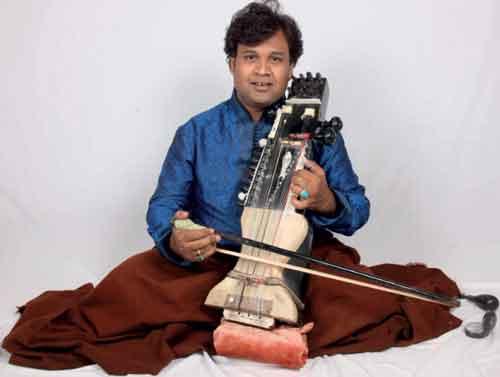
Sain Zahoor and the Public Theology of Music
Sain Zahoor, another Pakistani laureate, has spent decades walking from shrine to shrine, carrying his ektara and singing the words of Punjabi saints such as Bulleh Shah, Shah Hussain, and Waris Shah, poets who challenged orthodoxy through ecstasy. His recognition by AKMA not only honored his devotion but also elevated his art to civic stages, bridging spiritual performance with cultural diplomacy. When Zahoor sings, religion becomes rhythm. The words may belong to Islam, but the resonance belongs to everyone. His voice, raw and incandescent, insists that divinity is not confined to the sacred. It vibrates in public squares, marketplaces, and on the global stage. AKMA’s recognition of such artists reflects its belief that spiritual music is not ornamental heritage but a living force for peace.
The Revivalists and the Innovators
If Zahoor and Zarsanga represent the rooted, Dilshad Khan represents the evolving. A tenth-generation sarangi player from India, he stands between discipline and reinvention. The sarangi, once confined to accompaniment in classical concerts, now sings in film scores, fusion collaborations, and global recordings, much of it due to Dilshad’s persistence.
His AKMA platform amplified his advocacy for the instrument, securing its place in modern pedagogy. In interviews, Dilshad often describes the sarangi as “a voice that weeps.” Yet through him, that voice no longer mourns extinction; it asserts endurance. And then there was Ustad Zakir Hussain, the late tabla maestro whose lifetime of collaborations from Indian classical to jazz to Western symphony embodied AKMA’s ideal of dialogue. His 2022 Lifetime Achievement Award honored not only his technical mastery but also the social philosophy behind it. Hussain often said that rhythm was humanity’s first common language, and through it, he turned percussion into conversation.
Pluralism as Practice
Pluralism, in the context of the subcontinent, is not a theory. It is a way of survival. For centuries, its music has thrived on porousness. The bhajan borrowed from the qawwali, the raga migrated between shrines, and the folk song travelled from caste to caste, village to village. The Aga Khan Music Awards recognize that preserving these art forms is an act of safeguarding that very fluidity. AKMA laureates are not treated as relics of a fading past but as active agents of continuity. Their music is shared, recorded, and commissioned for collaborations that cross national and linguistic boundaries. Soumik Datta’s sarod speaks to European orchestras, Asin Khan’s folk songs echo through desert festivals, and Zarsanga’s Pashto melodies now stream online, reaching listeners from Toronto to Tashkent. Through these artists, AKMA transforms music into a form of diplomacy. In a region still wrestling with historical divisions, the act of playing together becomes a form of reconciliation.
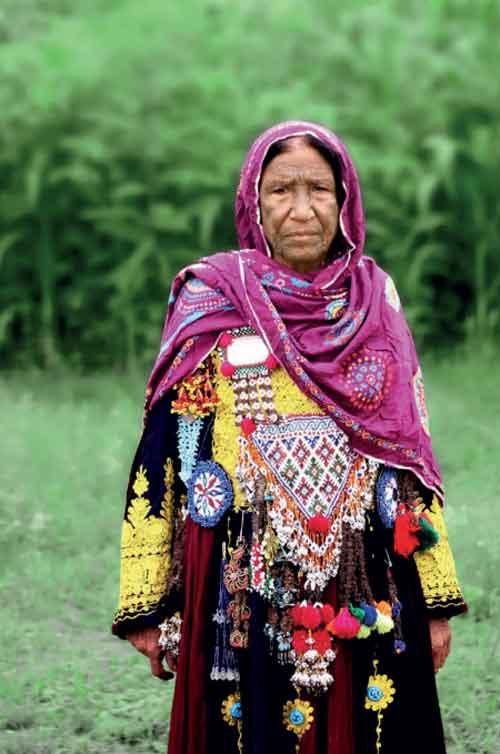
The Ripple Effect
The impact of AKMA extends beyond the laureates themselves. The institutions and communities that host these musicians experience renewed cultural pride. In Pakistan, the Sarangi Night concert encouraged investment in local music education. In India, the visibility of artists such as Asin Khan has inspired younger musicians to pursue folk traditions once considered unprofitable. In both cases, AKMA encourages a conversation about heritage that is forward-looking rather than nostalgic. The ripple effect also manifests internationally. When Soumik Datta performs at the EFG London Jazz Festival 2025 under the Aga Khan Music Programme, he represents more than himself. He embodies a region’s evolving identity. His collaborations transform South Asian music from world heritage into world dialogue.
The Sound of Coexistence
To understand AKMA’s deeper purpose, one must listen not to its ceremonies but to its silences, the spaces it fills in cultural memory. At a time when the world feels increasingly polarized, when identity is wielded as a weapon, AKMA turns to music to suggest a quieter revolution. Its laureates teach us that preservation is not about freezing tradition in amber but about letting it breathe new air.
In Soumik’s environmental compositions, in Asin’s Sufi-folk pedagogy, in Zahoor’s shrine songs, and in Zarsanga’s trembling voice, we hear an ancient truth: coexistence is not born of tolerance alone but of recognition. Our stories, our rhythms, and our silences are intertwined.
The Aga Khan Music Awards have, in only a few years, built not just an archive of sound but an architecture of empathy. By supporting musicians who build bridges rather than walls, AKMA ensures that the subcontinent’s most enduring legacy, its ability to hold difference in harmony, continues to resonate. Perhaps that is the ultimate lesson of this initiative: that in a region still wrestling with its many names, borders, and beliefs, the most profound act of unity is to sing together, not in unison, but in understanding.
